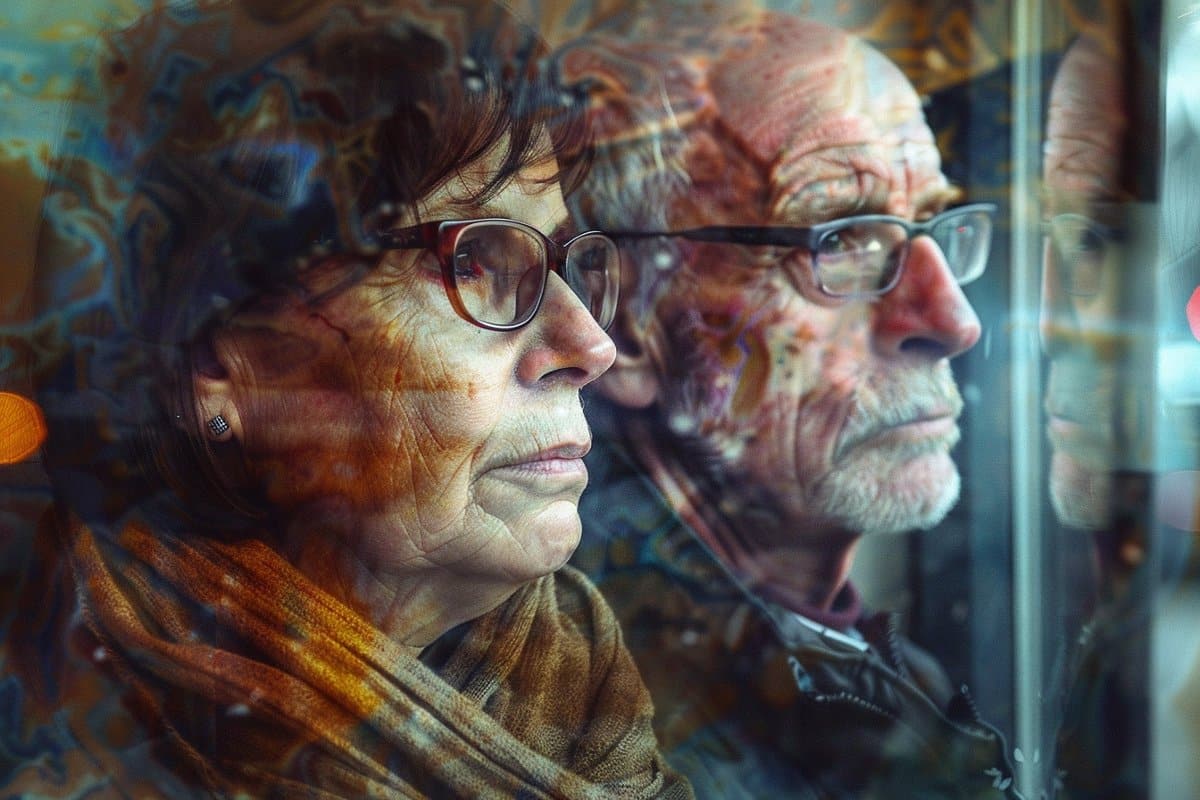Summary: Middle-aged and older adults now perceive the onset of old age to occur later in life compared to previous generations. Analyzing data from the German Ageing Survey, which spanned 25 years and involved 14,056 participants, researchers noted that individuals born later consistently viewed old age as beginning at a later age.
Despite this trend, the rate at which old age is being redefined has slowed in recent decades. The study suggests that factors such as increased life expectancy and improvements in health are likely contributing to these shifting perceptions.
Key Facts:
- Participants of the German Ageing Survey born in different decades consistently reported older ages as the start of old age compared to their predecessors.
- While earlier generations perceived old age to begin in their early 70s, later generations pushed this perception to their mid-70s and beyond.
- The study also found that personal health, loneliness, and gender influence individual perceptions of when old age begins, with women generally viewing old age as starting later than men.
Source: APA
Middle-aged and older adults believe that old age begins later in life than their peers did decades ago, according to a study published by the American Psychological Association.
“Life expectancy has increased, which might contribute to a later perceived onset of old age. Also, some aspects of health have improved over time, so that people of a certain age who were regarded as old in the past may no longer be considered old nowadays,” said study author Markus Wettstein, PhD, of Humboldt University in Berlin, Germany.

However, the study, which was published in the journal Psychology and Aging, also found evidence that the trend of later perceived old age has slowed in the past two decades.
Wettstein, along with colleagues at Stanford University, the University of Luxembourg and the University of Greifswald, Germany, examined data from 14,056 participants in the German Ageing Survey, a longitudinal study that includes people living in Germany born between 1911 and 1974.
Participants responded to survey questions up to eight times over 25 years (1996-2021), when they were between 40 and 100 years old. Additional participants (40 to 85 years old) were recruited throughout the study period as later generations entered midlife and old age.
Among the many questions survey participants answered was, “At what age would you describe someone as old?”
The researchers found that compared with the earliest-born participants, later-born participants reported a later perceived onset of old age.
For example, when participants born in 1911 were 65 years old, they set the beginning of old age at age 71.
In contrast, participants born in 1956 said old age begins at age 74, on average, when they were 65.
However, the researchers also found that the trend toward a later perceived onset of old age has slowed in recent years.
“The trend toward postponing old age is not linear and might not necessarily continue in the future,” Wettstein said.
The researchers also looked at how individual participants’ perceptions of old age changed as they got older. They found that as individuals aged, their perception of the onset of old age was pushed further out.
At age 64, the average participant said old age started at 74.7. At age 74, they said old age started at 76.8.
On average, the perceived onset of old age increased by about one year for every four to five years of actual aging.
Finally, the researchers examined how individual characteristics such as gender and health status contributed to differences in perceived onset of old age. They found that women, on average, said that old age started two years later than men – and that the difference between men and women had increased over time.
They also found that people who reported being more lonely, in worse health, and feeling older said old age began earlier, on average, than those who were less lonely, in better health, and felt younger.
The results may have implications for when and how people prepare for their own aging, as well as how people think about older adults in general, Wettstein said.
“It is unclear to what extent the trend towards postponing old age reflects a trend towards more positive views on older people and aging, or rather the opposite — perhaps the onset of old age is postponed because people consider being old to be an undesirable state,” Wettstein said.
Future research should examine whether the trend toward a “postponement” of old age continues and investigate more diverse populations in other countries, including non-Western countries, to understand how perceptions of aging vary by country and culture, according to the researchers.
About this psychology and aging perception research news
Author: Lea Winerman
Source: APA
Contact: Lea Winerman – APA
Image: The image is credited to Neuroscience News
Original Research: Closed access.
“Postponing Old Age: Evidence for Historical Change Toward a Later Perceived Onset of Old Age” by Markus Wettstein et al. Psychology and Aging
Abstract
Postponing Old Age: Evidence for Historical Change Toward a Later Perceived Onset of Old Age
“At what age would you describe someone as old?”
Perceptions of when old age begins might be prone to upward shifts because of historical increases in life expectancy and in retirement age, as well as because of better psychosocial functioning in later life.
We investigated historical changes in within-person trajectories of the perceived onset of old age using data from 14,056 participants who entered the German Ageing Survey at age 40–85 years and who completed up to eight assessments across 25 years.
Using longitudinal multilevel regression models, we found that at age 64, the average perceived onset of old age is at about age 75 years.
Longitudinally, this perceived onset age increased by about 1 year for every 4–5 years of actual aging.
We also found evidence for historical change. Compared to the earliest-born cohorts, later-born cohorts reported a later perceived onset of old age, yet with decelerating trend among more recent birth cohorts.
Within-person increases of the perceived onset of old age were steeper in later-born cohorts. The described cohort trends were only slightly reduced when controlling for covariates.
Being younger, male, living in East Germany, feeling older, reporting more loneliness, more chronic diseases, and poorer self-rated health were each associated with a perceived earlier onset of old age.
Our results suggest that there is a nonlinear historical trend toward a later perceived onset of old age, which might have meaningful implications for individuals’ perspectives on aging and old age.






